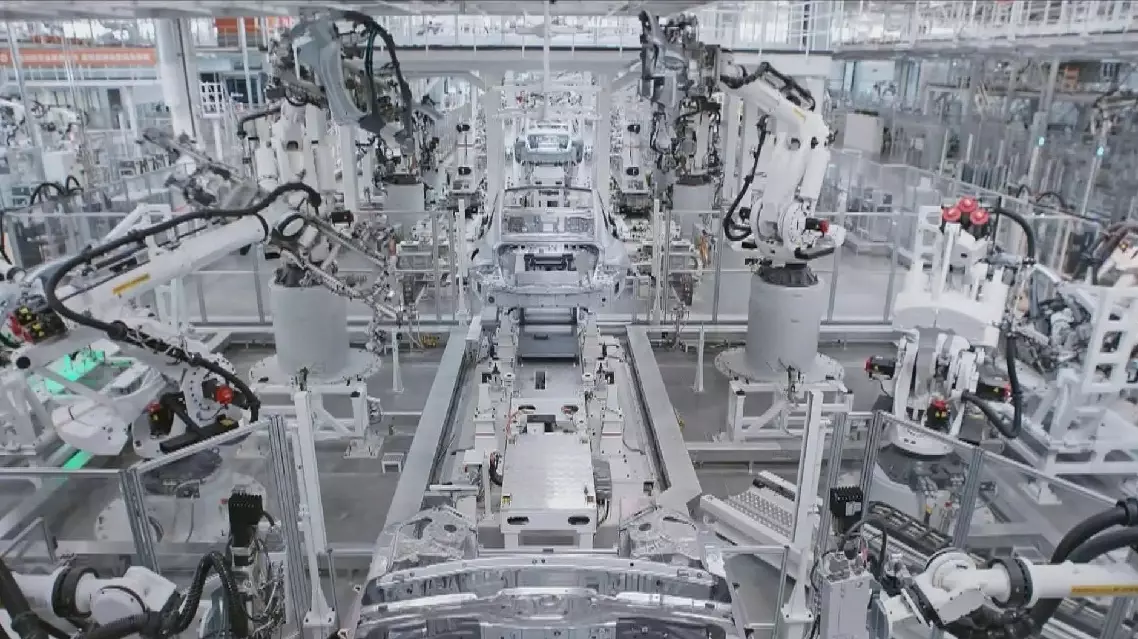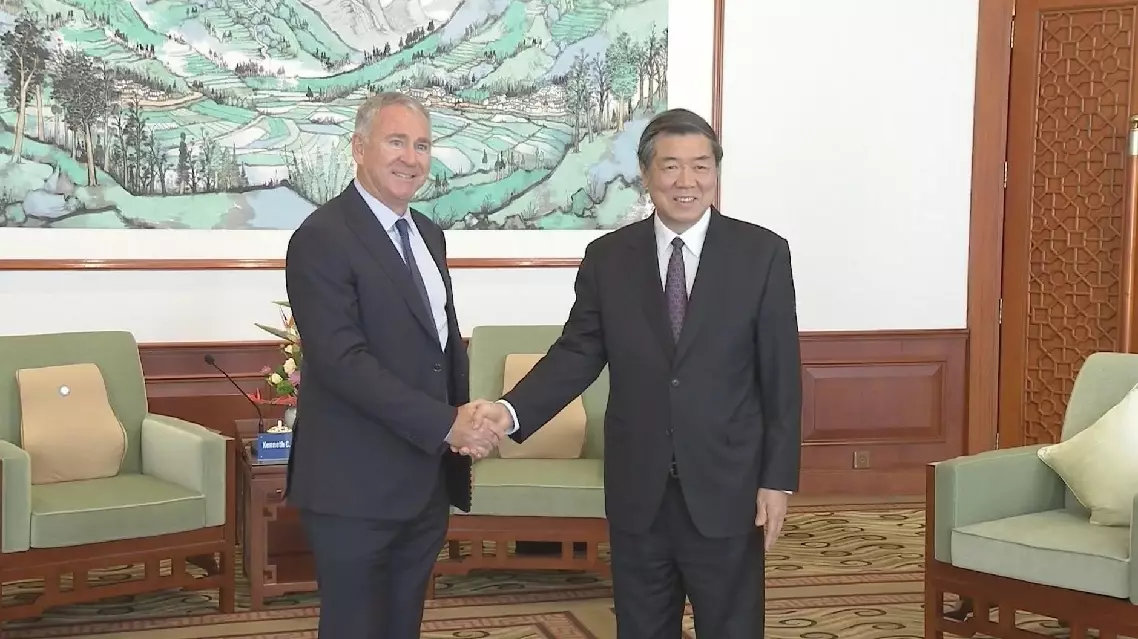The deepening integration of sci-tech innovation and industrial innovation emerged as a key focus for potential cooperation among global business leaders at the China Development Forum 2025 held in Beijing on Sunday and Monday.
Speaking at the forum, Li Lecheng, Party secretary of the Chinese Ministry of Industry and Information Technology, highlighted China’s steadfast implementation of the innovation-driven development strategy.
Currently, the number of foreign-invested enterprises established in China has surpassed 1.2 million, with foreign investments spanning 31 major categories and 548 subcategories within the country’s manufacturing sector.
“Promoting the deep integration of scientific and technological innovation and industrial innovation is not a solo performance by China, but a chorus by the world. China has a complete industrial system, rich application scenarios, a super-large-scale market and a large number of talents, which provides a broad cooperation space for international industrial scientific and technological innovation,” Li said.
Notably, beyond production, establishing research and development centers in China to collaborate with domestic enterprises on tackling key technical challenges has increasingly become a growing trend among foreign investors.
British pharmaceutical giant AstraZeneca signed a landmark agreement on Friday to invest 2.5 billion U.S. dollars in Beijing over the next five years. Under the agreement, AstraZeneca will establish a global strategic research and development center in Beijing, its sixth worldwide and second in China after one in Shanghai. The new center, equipped with an advanced artificial intelligence and data science laboratory, will accelerate early-stage drug research and clinical development.
“The reason we want to invest in China is because of the explosion of innovation that is happening in the country. As we work with those companies, we invest, of course, but we also invest in bringing our own capabilities, our own skills. We are investing in the life science physical ecosystem in Beijing, for instance, where we are actually going to help smaller startup companies come up with new products, training people who will actually be able to create economic growth,” said AstraZeneca CEO Pascal Soriot.
The economic transformation led by innovation has also brought new opportunities for foreign-funded enterprises.
“We invest in high quality growth, we invest in innovating, and we invest in cooperating with our good Chinese partners. It’s a journey that has just started right now, but it also is an area where we need to work close together,” said Kim Fausing, president and CEO of Danfoss, a global market leader in heating and cooling.
China integrating innovation with industrial progress resonates with global business leaders
China welcomes more foreign financial institutions, including Citadel, to invest and establish businesses and share development opportunities in the country, Chinese Vice Premier He Lifeng said on Monday when meeting with Citadel founder Ken Griffin.
He, also a member of the Political Bureau of the Communist Party of China Central Committee, said that China is deepening capital market reform while advancing high-standard financial opening-up, aiming to promote high-quality economic development.
Griffin expressed optimism over the development prospects of China’s economy and financial market, and indicated a willingness to keep expanding business operations and investment in China, contributing to economic and trade cooperation between the United States and China.
Chinese vice premier welcomes more foreign financial institutions to invest in China










